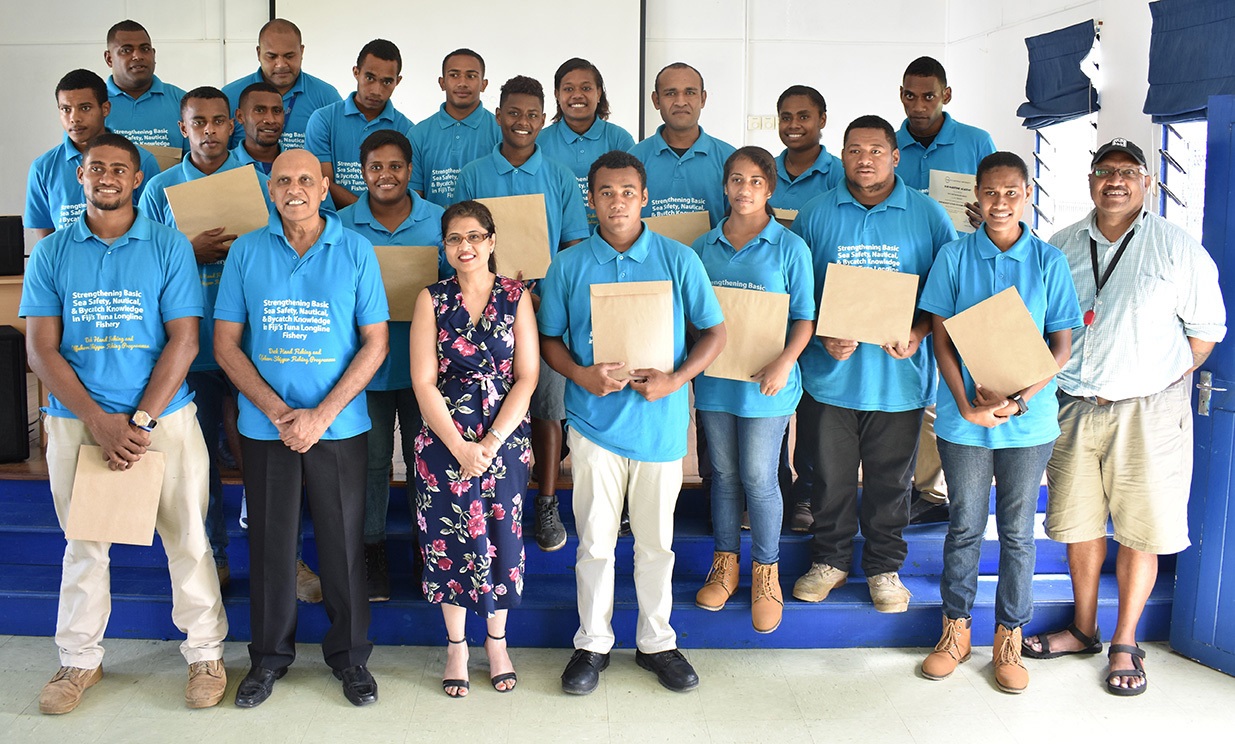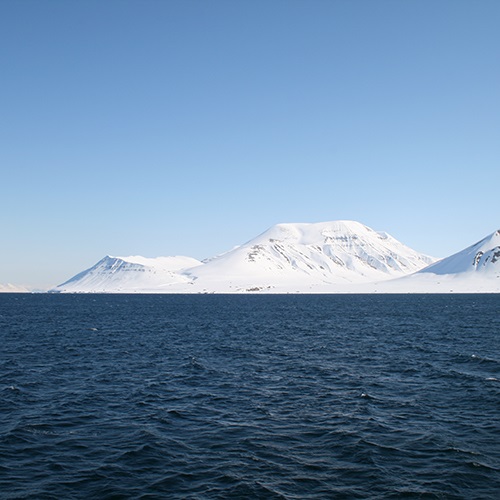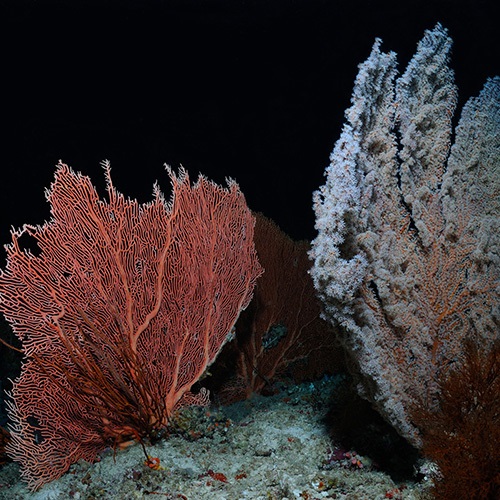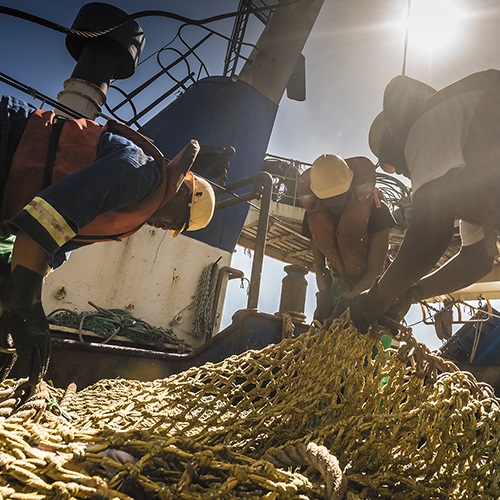How the island nation of Fiji is leading the way in reducing accidental catch in longline tuna fisheries.
Sustainability and sharks
When the fishery prepared for its first MSC assessment in 2011, it had a problem with shark bycatch. The fishery immediately started work to reduce its impact on various species of sharks.
Parts of fishing lines called ‘traces’ are commonly made of wire to prevent fish biting through the line. Unfortunately, sharks are more likely to get accidently caught when fishers use these traces. To tackle the problem, the fishery switched to monofilament traces, which sharks can bite through to escape. The fishery also committed to improve the information on bycatch by requiring vessels to complete log sheets of all interactions with sharks. Vessels now fish in deeper waters, where they are less likely to encounter some shark species. The fishery also use circle hooks on their lines. Circle hooks have been shown to reduce accidental catch of other species such as sea turtles.
Independent observation
The presence of independent observers on fishing vessels is an important part in good fisheries management. Observers record catch and bycatch. Since gaining MSC certification in 2012, the fishery has substantially increased its levels of observer coverage. In 2017, observers participated in 62% of trips by the fishery's MSC certified vessels. The fishery is also using electronic monitoring systems and has installed onboard cameras on 50 vessels. The Fiji Maritime Academy has introduced a training module on bycatch mitigation as part of the Deckhand Fishing and Offshore Skipper Programme. In April 2019, the first students graduated and are now gaining practical at-sea work experience on-board fishing vessels.
Strengthening commitments
At the 2017 UN Ocean Conference, the Fiji Fishing Industry Association committed to have 75% of longline tuna vessels certified. In early 2019, Fiji strengthened its commitment to sustainable fishing through joining the Port State Measures Agreement to prevent and eliminate illegal, unreported and unregulated fishing. With good management and a commitment to sustainability, Fiji's fisheries can continue to catch tuna and reduce their impact on other marine life.
Recent graduates from the Fiji Maritime Academy who are trained in bycatch mitigation on longline vessels. Fiji National University (FNU)

Collaboration helps secure Barents Sea cod stocks
North East Arctic cod and haddock thrive in the Barents Sea due to good management and international collaboration.

Squat lobster fishery uses new science
A Chilean squat lobster fishery has been working with researchers to map its fishing grounds and better understand its impacts on deep sea habitats and ecosystems.

Pink shrimp fishery uses LED lights on nets
The Oregon and Washington pink shrimp fishery off the west coast of the USA is working to protect a lesser-known fish.

Fisheries improving
MSC certified fisheries are continually improving to minimise environmental impacts.
